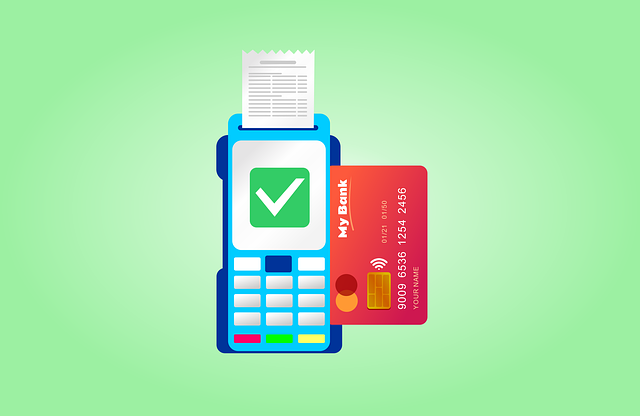Oregon's child support system, managed by the Department of Social and Human Services, ensures parental contribution to children's financial well-being post-separation or divorce. The process involves income determination, childcare needs assessment, and a support order with regular reviews, online reporting, legal aid, education, and assistance for struggling families. Parents have rights to appeal or modify orders based on changed circumstances. Challenges include late payments, fluctuating finances, and locating parents, but state resources like legal aid, online platforms for communication and payment management, and educational programs streamline Oregon support enforcement.
“Oregon child support enforcement can be a complex process, but understanding your rights and obligations is crucial. This article serves as a comprehensive guide for parents navigating Oregon’s support system. We’ll explore key aspects such as how the system works, the enforcement process, and common challenges faced by families. By the end, you’ll have a clear understanding of your role and available resources to ensure a fair and efficient resolution.”
- Understanding Oregon's Child Support System
- Enforcement Process and Your Rights
- Common Challenges and Resources for Parents
Understanding Oregon's Child Support System

Oregon’s child support system is designed to ensure that both parents contribute to their children’s financial well-being after a separation or divorce. This system, managed by the Oregon Department of Social and Human Services, aims to provide stability and resources for children while encouraging cooperative co-parenting. The process begins with determining parental income and the needs of the child, leading to the establishment of a support order that outlines specific payment amounts and timelines.
Key aspects of Oregon support enforcement include regular reviews to ensure orders remain current with changes in income or child care costs, as well as tools for parents to self-report income and make payments online. The state offers various resources for families navigating this process, including legal aid, education programs, and assistance for those struggling to meet their obligations. Effective communication between parents is encouraged throughout, emphasizing the joint responsibility for their children’s future.
Enforcement Process and Your Rights

In Oregon, child support enforcement is a structured process designed to ensure financial stability for children after a divorce or separation. The state’s Department of Human Services (DHS) plays a pivotal role in administering this system, working with parents to establish and collect support payments as ordered by a court. This involves several steps, beginning with the filing of a child support order and continuing through regular checks and adjustments to maintain accuracy.
Understanding your rights is crucial during this process. Parents have the right to appeal support orders if they believe them to be unfair or inaccurate. They can also request modifications to accommodate changes in income or other circumstances. The DHS provides resources and assistance, but it’s important for individuals to know their legal options. Being proactive and informed can ensure a fairer and more manageable enforcement experience under Oregon support enforcement laws.
Common Challenges and Resources for Parents

Many parents in Oregon face challenges when it comes to Oregon support enforcement. Common obstacles include non-custodial parents who fail to make timely payments, changing financial circumstances, and difficulty tracking down the other parent. These issues can create stress and anxiety for families already navigating complex emotional dynamics.
Fortunately, resources are available to help. Oregon offers various support services, including legal aid organizations that provide guidance on child support matters. The state’s Department of Social and Human Services also facilitates communication and payment processing between parents. Additionally, online platforms allow for easy access to account information, payment history, and tools to adjust support orders as life circumstances change.






